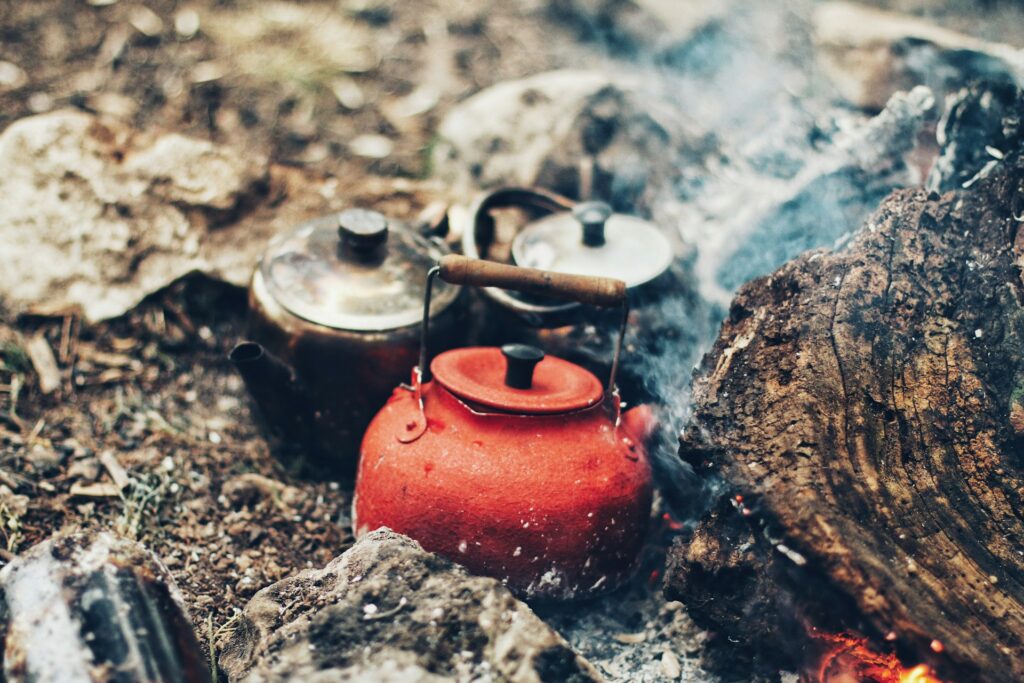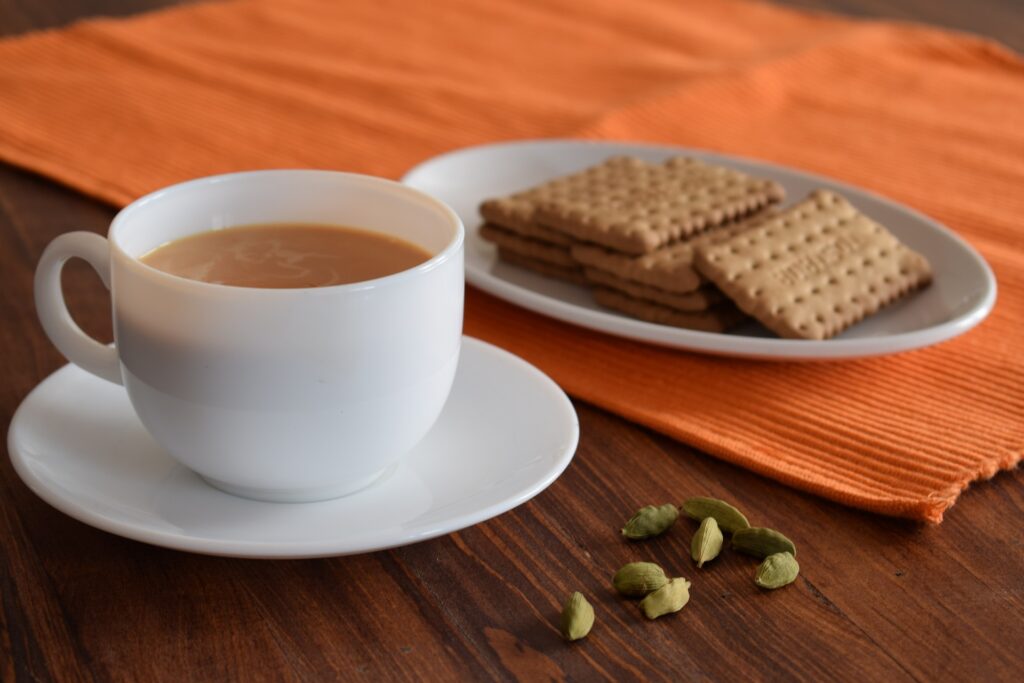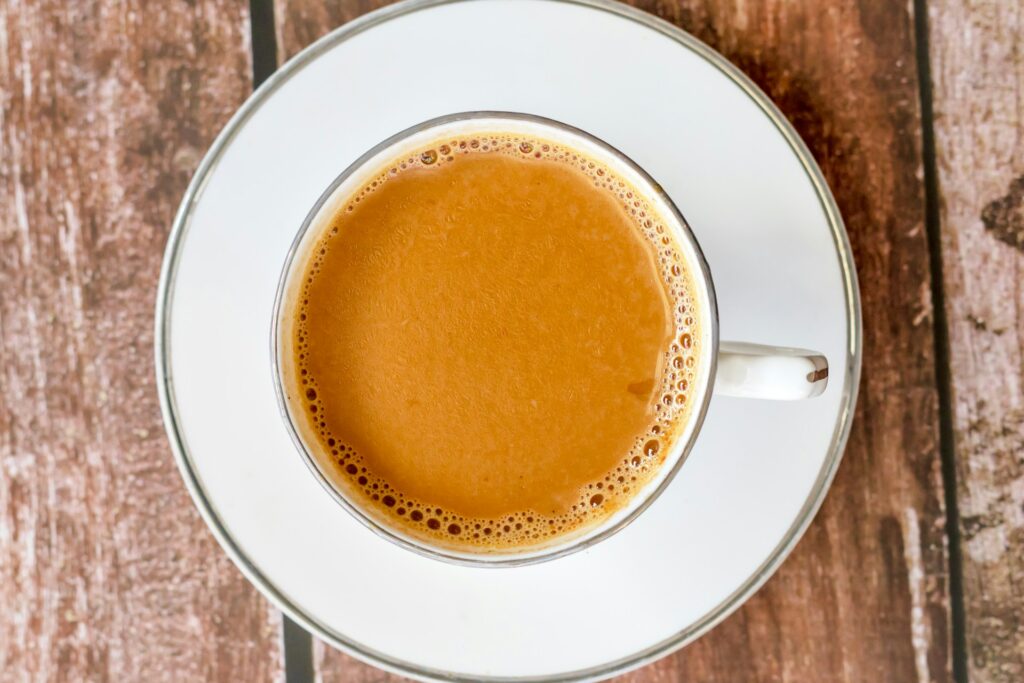Welcome to the aromatic world of Pakistani tea, where every sip tells a tale of tradition, warmth, and flavor. Steeped in rich cultural heritage, Pakistani tea is more than just a beverage; it’s a cherished ritual that brings people together, stimulates conversations, and energizes the soul. Join us as we embark on a journey to explore the essence of Pakistani tea, from its origins to its diverse varieties and cultural significance.
Table of Contents

1. The Cultural Tapestry of Pakistani Tea
Pakistani tea isn’t just a drink; it’s a cultural institution woven into the fabric of daily life. From bustling street corners to serene family gatherings, tea holds a special place in Pakistani customs. Its preparation and consumption rituals vary across regions, reflecting the country’s diverse heritage and traditions. Whether it’s the vibrant chai culture of Lahore’s Anarkali Bazaar or the serene tea gardens of Kashmir, each sip of Pakistani tea is imbued with history and tradition, connecting people across generations and communities.
2. Origins and Evolution of Pakistani Tea
Trace the roots of tea in Pakistan back to its beginnings, influenced by the tea-drinking customs of South Asia and the British colonial era. Over time, Pakistani tea has evolved, adapting to local preferences and culinary influences, resulting in a unique blend of flavors and brewing techniques. From the introduction of tea by British colonizers to the incorporation of indigenous spices and herbs, the evolution of Pakistani tea mirrors the country’s rich cultural tapestry and culinary heritage.
3. The Art of Brewing the Perfect Cup
Unlock the secrets to brewing the perfect cup of Pakistani tea, from selecting the finest tea leaves to mastering the ideal brewing time and temperature. Whether it’s the strong and robust Doodh Patti or the fragrant Kashmiri Chai, each variety demands precision and skill to achieve its full flavor potential. From the rhythmic boiling of tea leaves and spices to the artful pouring technique that aerates the tea, brewing Pakistani tea is a time-honored tradition passed down through generations.
4. Varieties of Pakistani Tea
Explore the diverse array of Pakistani tea varieties, each offering a distinct flavor profile and sensory experience. From the classic Karak Chai infused with spices to the delicate nuances of Green Tea, there’s a brew to suit every palate and occasion. Each region of Pakistan boasts its own unique tea culture, with variations in ingredients, preparation methods, and serving styles adding to the rich tapestry of flavors and aromas.
5. Health Benefits and Nutritional Value
Delve into the health benefits of Pakistani tea, renowned for its antioxidant properties and potential to boost metabolism and promote overall well-being. Discover how the natural ingredients used in Pakistan’s unique tea blends contribute to its nutritional value, making it a wholesome beverage choice. From the digestive benefits of ginger-infused tea to the calming effects of herbal blends, Pakistani tea offers more than just a refreshing taste—it nourishes the body and soothes the soul.

6. Tea Culture and Social Dynamics
Examine the role of tea in shaping social interactions and fostering community bonds in Pakistani society. From chai dhabas buzzing with lively conversations to intimate tea ceremonies at home, tea serves as a catalyst for connection and camaraderie. The communal act of sharing a pot of tea transcends social barriers, bringing together people from all walks of life to bond over a shared love of tea and conversation.
7. Tea Tourism and Experiences
Embark on a tea-tasting journey through Pakistan’s picturesque landscapes and bustling bazaars, where tea enthusiasts can immerse themselves in the sights, sounds, and flavors of the local tea culture. Discover hidden gems and iconic tea spots that showcase the country’s rich tea heritage. Whether it’s sipping freshly brewed tea overlooking the majestic mountains of Hunza or exploring the vibrant tea markets of Karachi, tea tourism offers a unique opportunity to experience Pakistan’s cultural diversity and hospitality firsthand.
8. Tea and Culinary Fusion
Explore the creative fusion of Pakistan’s tea with culinary delights, where traditional recipes are infused with tea-infused flavors to create innovative dishes and desserts. From chai-infused desserts to savory tea-infused marinades, the culinary possibilities are endless. Pakistani chefs and food enthusiasts are constantly experimenting with tea as a versatile ingredient, adding depth and complexity to familiar dishes while showcasing the diversity of Pakistani cuisine on a global stage.
9. Tea Etiquette and Customs
Learn about the intricate etiquette and customs surrounding tea-drinking in Pakistani culture, from the ritual of pouring and serving tea to the significance of offering tea as a gesture of hospitality and respect. Tea etiquette in Pakistan is steeped in tradition and hospitality, with rules governing everything from the order of serving guests to the proper way to hold a teacup. Observing these customs not only demonstrates respect for tradition but also fosters a sense of connection and mutual respect among guests.
10. Sustainability and Ethical Practices
Delve into the importance of sustainability and ethical practices in the tea industry, highlighting initiatives aimed at promoting fair trade, environmental conservation, and social responsibility within Pakistan’s tea-producing regions. From supporting small-scale tea farmers to implementing eco-friendly farming practices, sustainable tea production is essential for preserving the natural environment and supporting the livelihoods of tea workers. By choosing ethically sourced Pakistani tea, consumers can contribute to positive change in the tea industry and help create a more sustainable future for generations to come.

11. Global Influence and Recognition
Discover how Pakistani tea has garnered international acclaim and influenced global tea culture, with its distinctive flavors and brewing techniques captivating tea enthusiasts worldwide. From trendy tea houses in cosmopolitan cities to international tea festivals showcasing Pakistani blends, the global demand for Pakistani tea continues to grow. Its unique flavor profiles, cultural significance, and rich heritage have earned Pakistani tea a well-deserved place on the world stage, cementing its reputation as a beloved beverage cherished by tea lovers everywhere.
12. The Future of Pakistani Tea
As Pakistani tea continues to evolve and adapt to changing tastes and trends, envision the future landscape of tea culture in Pakistan, with innovations in tea production, consumption, and appreciation. From sustainable farming practices to digital platforms connecting tea enthusiasts with local tea producers, the future of Pakistani tea is ripe with possibilities. By embracing innovation while honoring tradition, Pakistan’s tea industry is poised to thrive in the years to come, delighting tea lovers with its rich flavors, cultural heritage, and timeless appeal.
Conclusion:
Pakistani tea transcends borders and generations, embodying the spirit of hospitality, tradition, and flavor. Whether enjoyed in a bustling bazaar or a serene mountain retreat, a sip of Pakistani tea is an invitation to savor the richness of culture and heritage. Its diverse varieties, cultural significance, and health benefits make it a beloved beverage cherished by tea enthusiasts around the world. As we raise our cups to the future, let us continue to celebrate the timeless charm of Pakistani tea and the enduring traditions that accompany each delightful sip.
FAQS:
- What are the most popular varieties of Pakistani tea?
- Pakistani tea offers a diverse range of popular varieties, including the robust and spicy Karak Chai, the soothing and aromatic Kashmiri Chai, the milky and flavorful Doodh Patti, and the refreshing and healthful Green Tea. Each variety has its unique blend of spices, herbs, and brewing techniques, catering to different tastes and preferences.
- How is tea traditionally served in Pakistan?
- Traditionally, Pakistani tea is served in small, handleless cups known as “kulhars” or glass cups. The tea is often brewed strong, with milk and sugar added according to personal preference. It is commonly enjoyed with savory snacks like samosas or sweets like biscuits, enhancing the tea-drinking experience.
- Are there any health benefits associated with drinking Pakistani tea?
- Pakistani tea offers several potential health benefits due to its antioxidant properties and natural ingredients. Regular consumption of Pakistani tea, particularly green tea, may help boost metabolism, improve digestion, enhance cardiovascular health, and strengthen the immune system. However, moderation is key, as excessive consumption of tea may have adverse effects.
- What are some famous tea destinations in Pakistan?
- Pakistan boasts several famous tea destinations, including the bustling tea stalls of Lahore’s Anarkali Bazaar, the scenic tea gardens of the Kaghan Valley in Khyber Pakhtunkhwa, and the charming tea houses of Islamabad’s Lok Virsa Museum. These destinations offer a unique opportunity to immerse oneself in Pakistan’s vibrant tea culture and sample a variety of teas amidst picturesque surroundings.
- How has the tea industry in Pakistan evolved over the years? T
- he tea industry in Pakistan has undergone significant evolution, from its colonial origins to modern-day production and distribution practices. Initially introduced by British colonizers in the 19th century, tea cultivation expanded across Pakistan’s northern regions, leading to the establishment of tea estates and factories. Today, Pakistan is a major tea importer and consumer, with a growing emphasis on sustainability, quality control, and innovation in tea production techniques.

